Before she knew what environmental sustainability was, University of Utah student Muskan Walia was engaging in it, gardening with her mom and grandmother and mixing spice blends with the herbs they grew.
While gardening one summer day in 2020, Walia’s mother was racked with a “pervasive, scary-sounding cough,” said Walia. It began to happen every time they went out to garden in the backyard.
Soon after, Walia’s mother received a diagnosis of a lung disease. The refineries and subsequent air pollution surrounding Walia’s childhood home had impacted her mother’s lungs.
“I was angry,” said Walia. “And I really wanted to keep my community safe.”
The communities on the West side of Salt Lake City — primarily low-income, Black, Indigenous and Latine — breathe disproportionally polluted air. This has harsh impacts on their health and stands as a clear example of environmental racism.
Walia, a first-generation student, was in a class at the U about climate change at the time of her mother’s diagnosis. She brought the situation up with her professor.
That was when she learned that environmental inequities directly affected her family and community. Her professor taught her about environmental justice, which aims to protect impacted communities and decrease their environmental burdens. Most importantly, it affirms that all people must have an equal voice in environmental decision-making processes.
Youth Envision Solutions
In Walia’s conservative hometown, residents often brushed off climate issues and the youth interested in addressing them. The consensus was that “young people shouldn’t shake things up,” she said. She wouldn’t accept that.
“I wanted to do something about my anger,” Walia said.
Despite her fears, Walia began to work toward climate justice for the sake of her community.
“Sometimes the things that impact us directly, they make us do things that we’re really scared to do,” she said.
Through social media, Walia learned about 100% clean energy campaigns, which call on school districts to switch to 100% clean, renewable energy. She decided to launch a campaign in her home school district. It committed to the switch, along with several other districts.
That was only the beginning. Walia later began working with Utah Youth Environmental Solutions. They expanded the clean energy campaigns and created clean water campaigns and an education team. According to Walia, their curriculum teaches young people to think about the environment through an intersectional lens. It also empowers youth, giving them tools and resources to take action with their information.
“I want to see young people taken seriously,” said Walia. “We’re just like everyone else.”
Walia believes that young people can envision alternative solutions that adults may be numb to.
“There’s something really beautiful about not knowing everything, because then you can come up with solutions that may seem a little bit crazy,” she said.
These out-of-the-box solutions are critical, and they must center on environmental justice — something Utah organizers often leave behind.
Vital Perspectives
Utah’s red rocks, mountainous landscapes and the so-called greatest snow on earth attract those interested in skiing, hiking, rock climbing and camping.
These people also tend to dominate the conversation about the climate, Walia said. They want to protect the environment they love exploring and experiencing, which she said is beautiful, but also a “very privileged perspective.”
This view often disregards the experiences of hurt communities.
“Some of us have never skied or camped or gotten to enjoy the environment, but we’re here because the health of our communities is at stake,” she said.
Walia has met many people interested in finding climate solutions who want to set justice aside because they think there’s no time for it.
This is “a really dangerous mindset,” she said. “It’s going to just multiply the poor impacts if we keep making decisions in that rash manner.”
When coming up with climate solutions, organizers must be careful and compassionate. Solutions must be rooted in justice for the most affected groups.
In her speech accepting the Brower Youth Award in October, Walia said, “The people closest to pain should be the closest to power.”
A Right to Life
Spending time with her community and family as she works to protect them “makes this motivation sustained,” Walia said.
She continues to garden with her family. A few weeks ago, they picked their last pumpkin, then cooked a pumpkin stew. Now they’re drying herbs for spice blends and canning food for winter.
As environmental justice seeks to enable all communities to live safely, healthily and happily, activists can never give up on the fight for the right to a simple life.








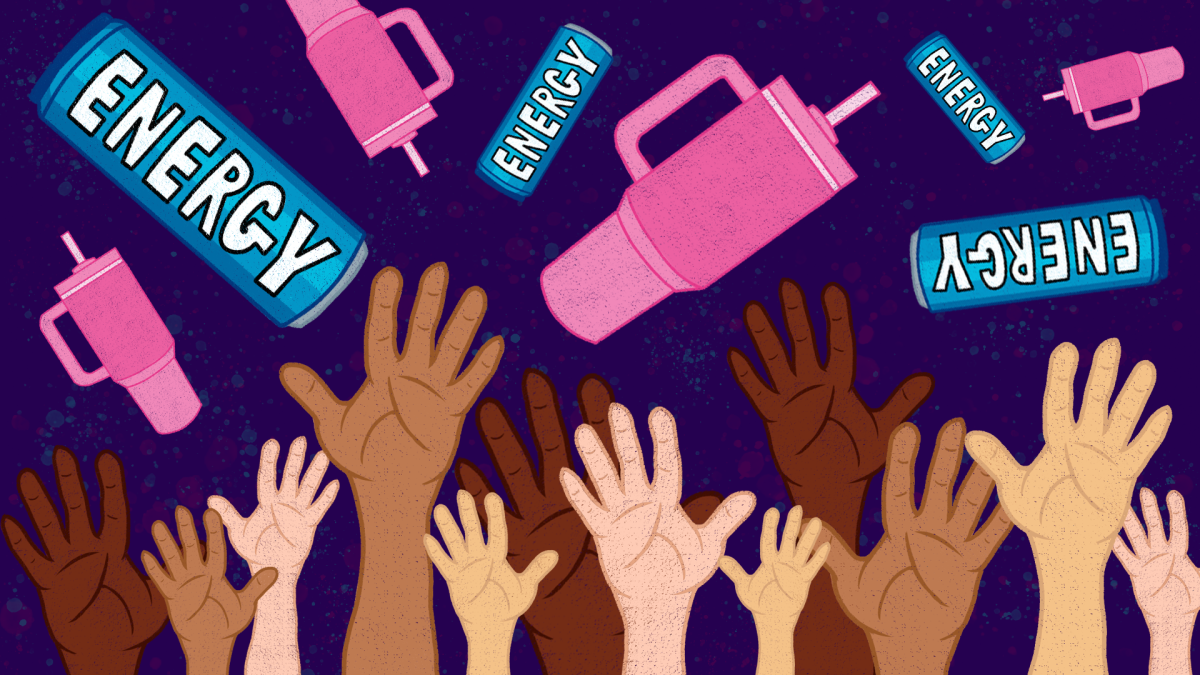
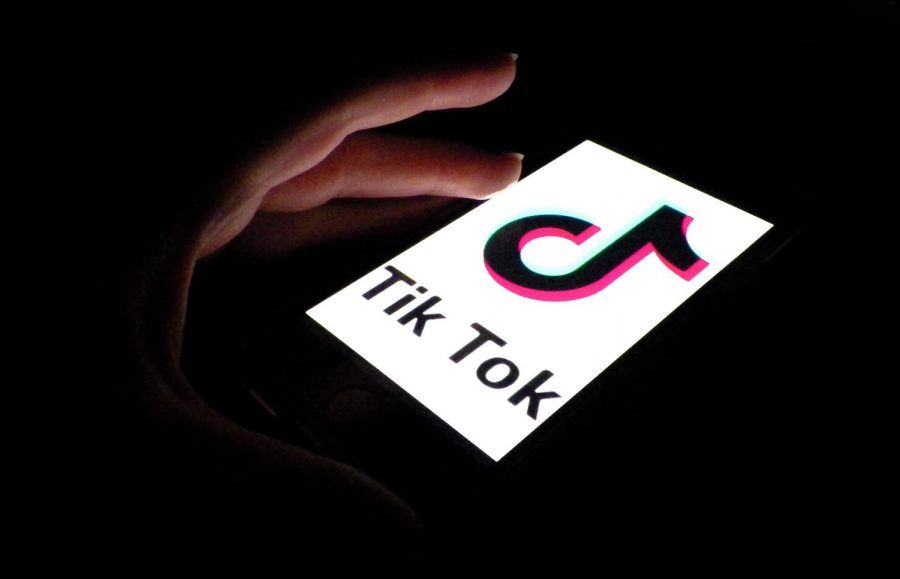

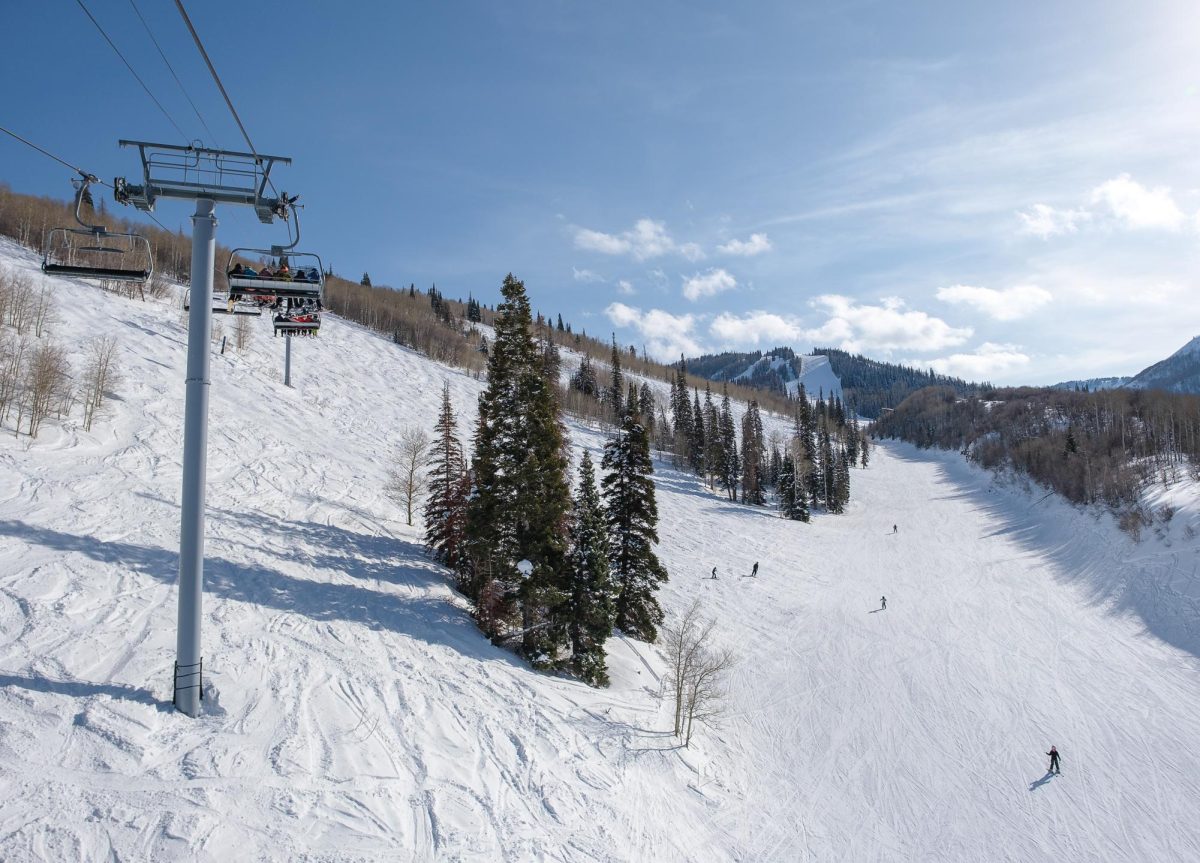
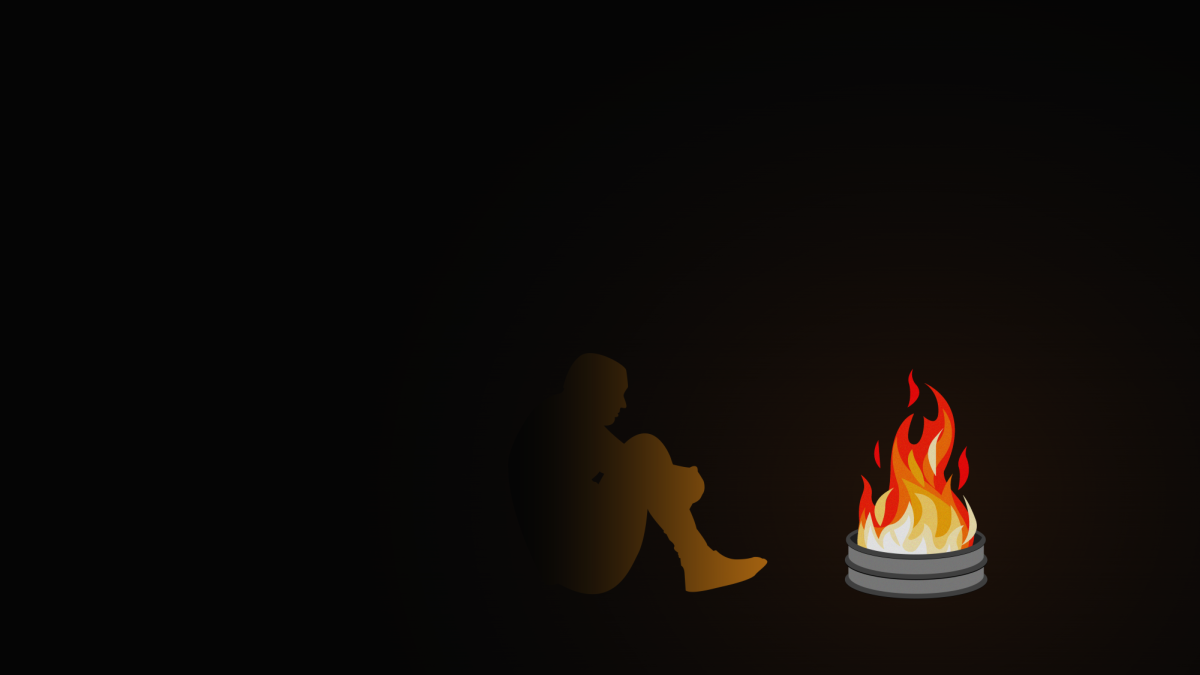
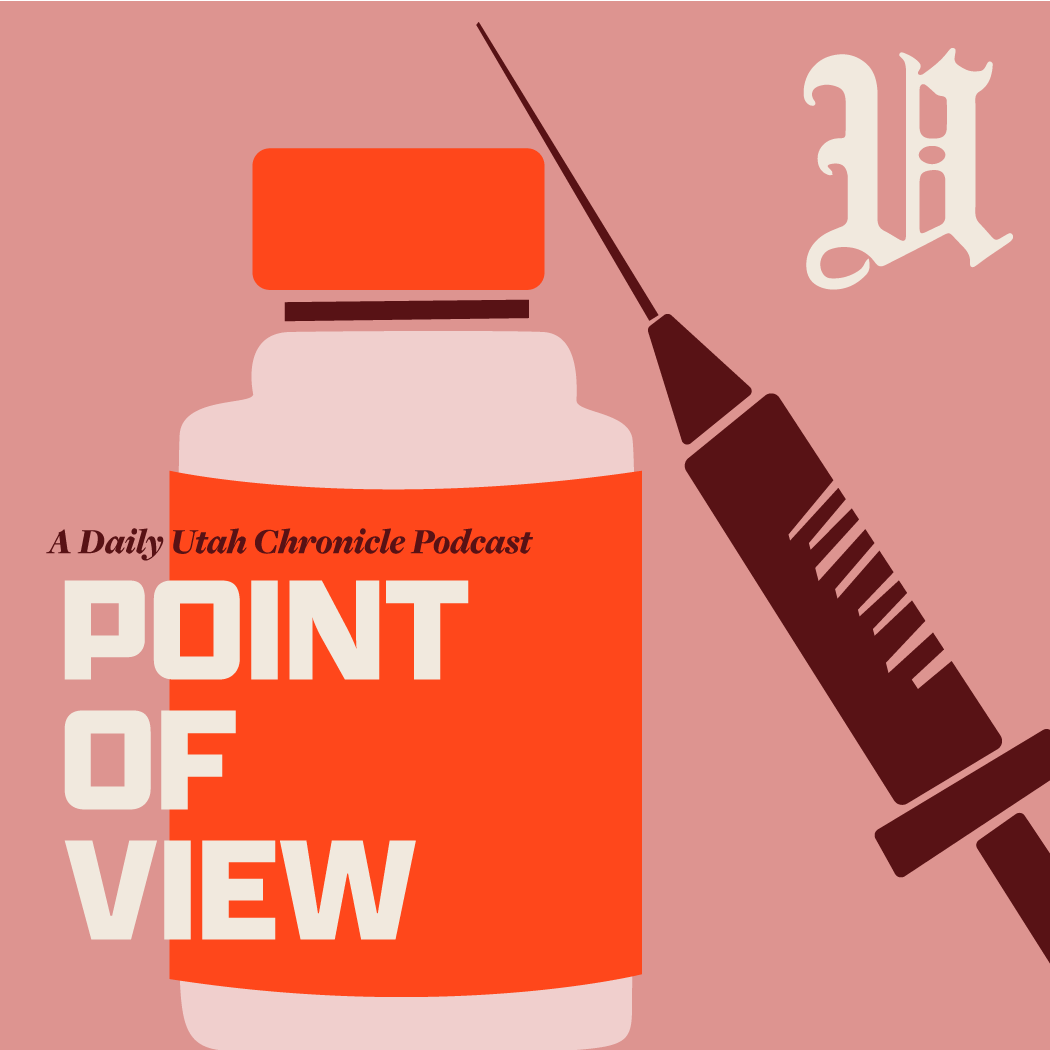

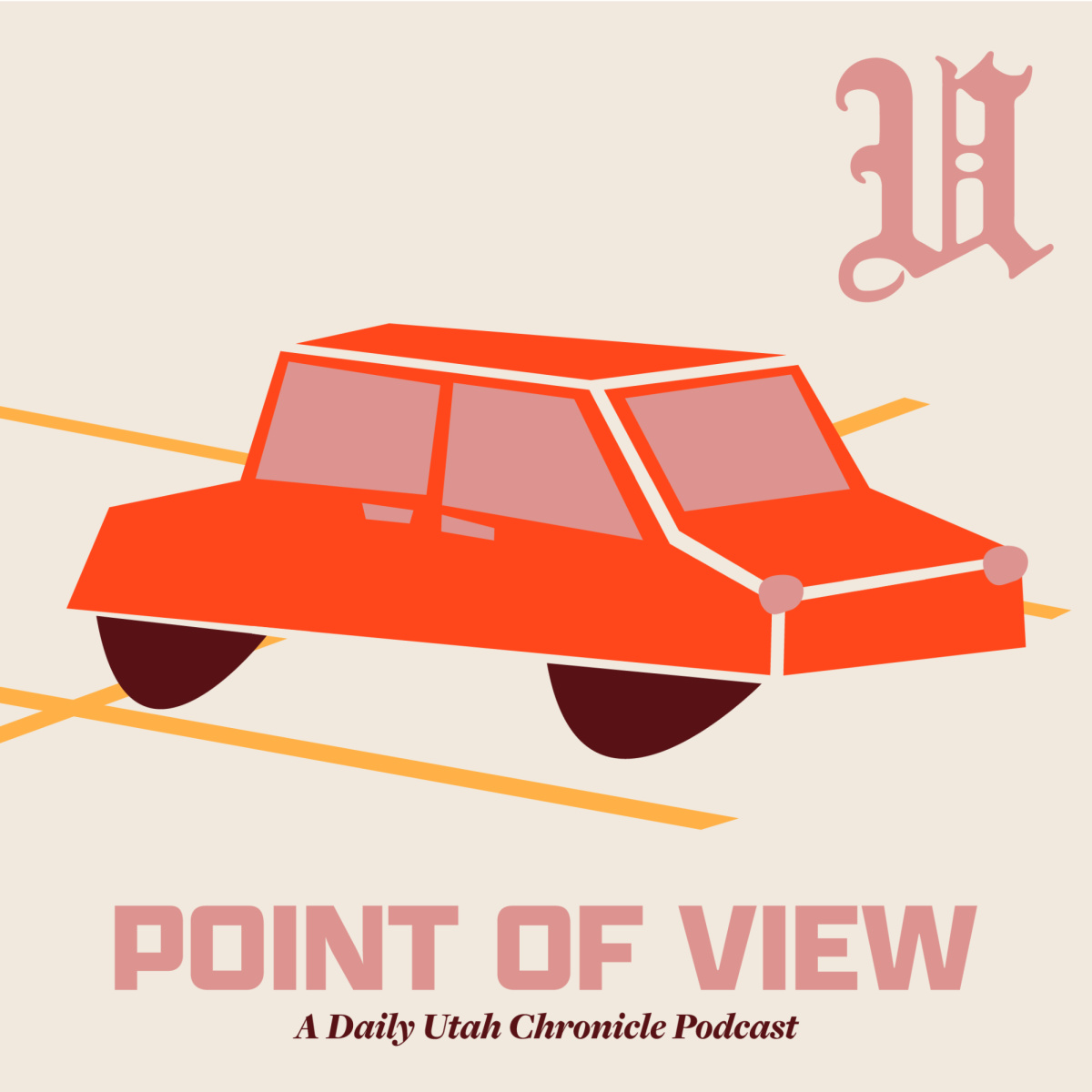
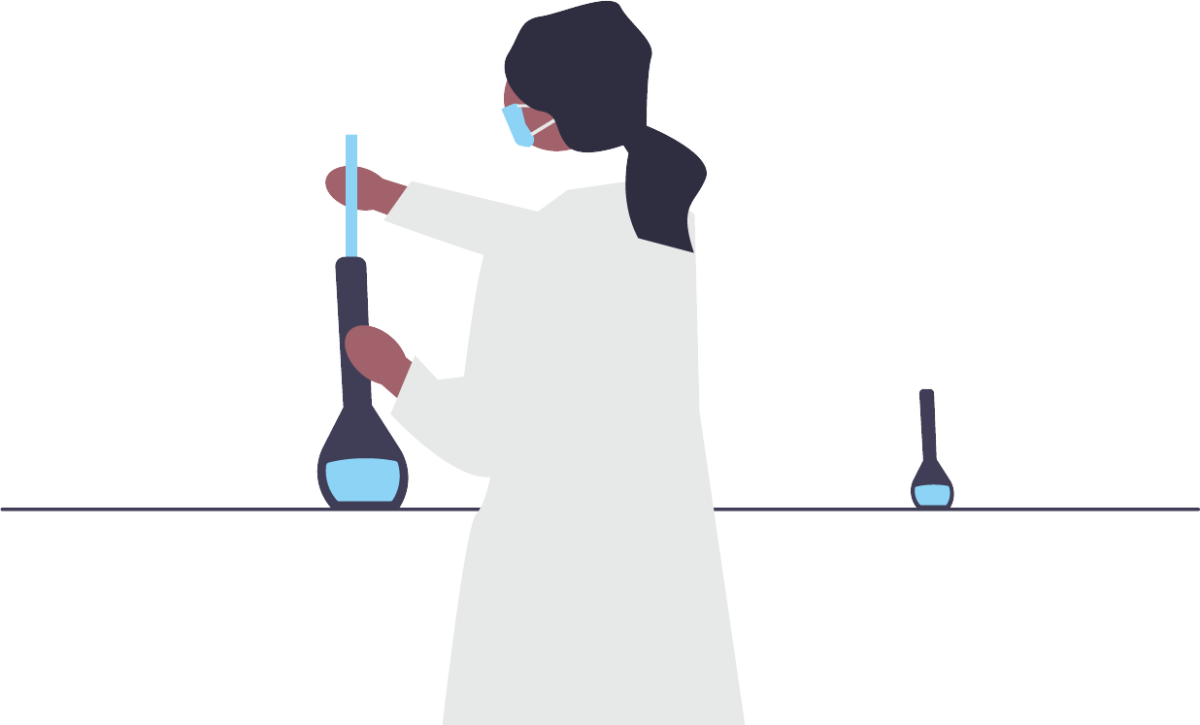
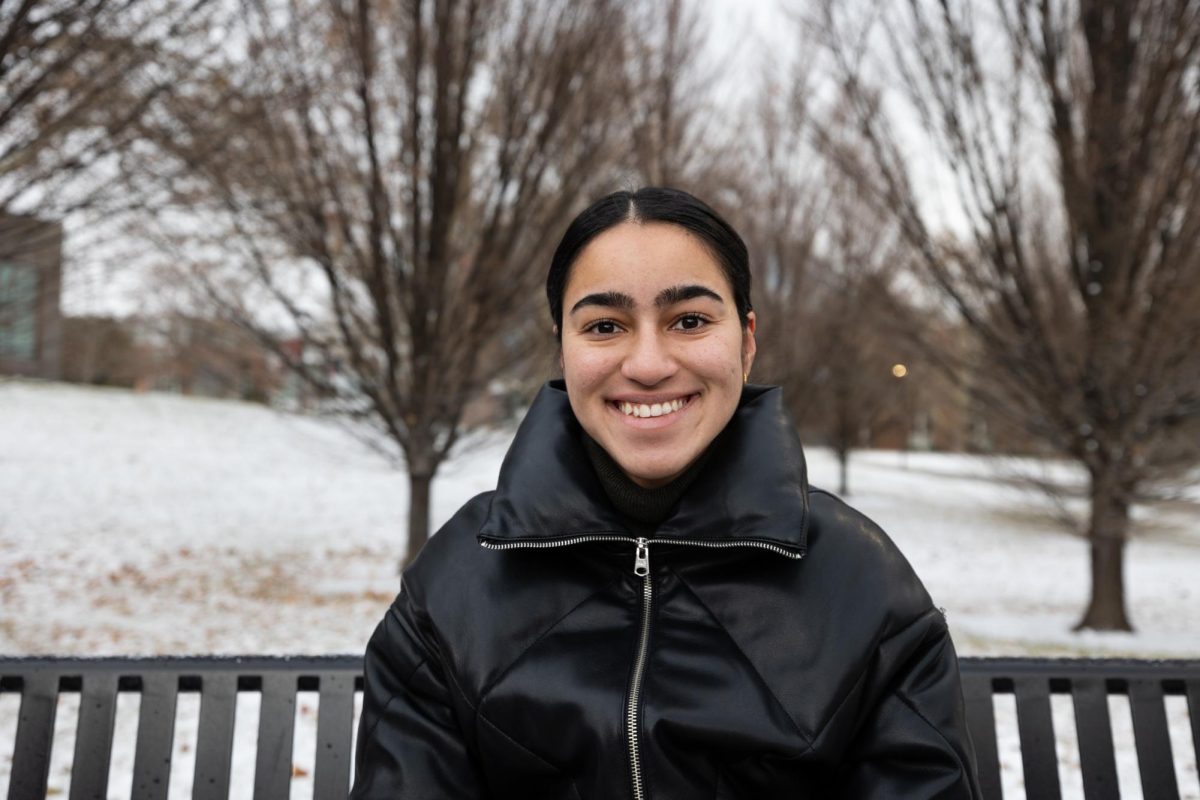
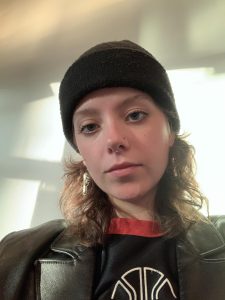
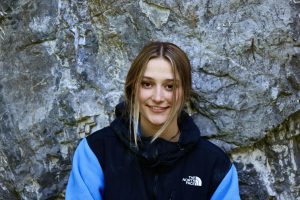
John Hedberg • Feb 7, 2024 at 12:43 pm
I’m all for conserving and improving our common human planetary environment, and I love growing things (so did Teddy Roosevelt, who founded our American environmental movement more than 100 years ago), but I think the people of East Palestine (OH) will be terribly surprised to find out that environmental justice is a racial issue, don’t you? 😜😋 Their example is hardly unique~
My family (10 ethnicities and counting), including my Swedish grand-dad (pale), grew up in far dirtier and less sublime health conditions around Boston than the people of West Valley, and I’ve lived in both places. It sounds like you’re trying to justify a racist Marxist-Equity hate-targeting agenda without knowing that it’s plain wrong when it comes to the racial assumptions (called prejudice, or bigotry), and in this case, the racists are actually the Priests of Equity falsely accusing all the millions of innocent people of all races who surround them as neighbors, people who evidently don’t count as human beings when it comes to the Equity hate machine, even though we’re all facing the same conditions together if you actually spend time in diverse communities.
You should try being intersectional for a while and live in a whole bunch of diverse zip codes. It’s really worthwhile in life to know when you’re full of yourself, and when your false accusations are promoting actual racism that can hurt people, don’t you think? 😊🗽👨🎓